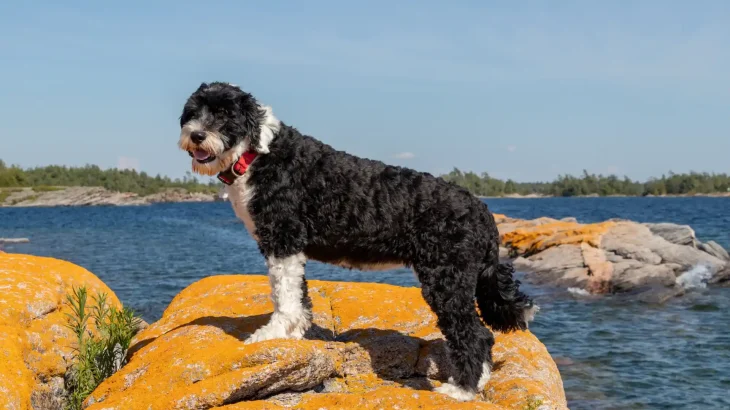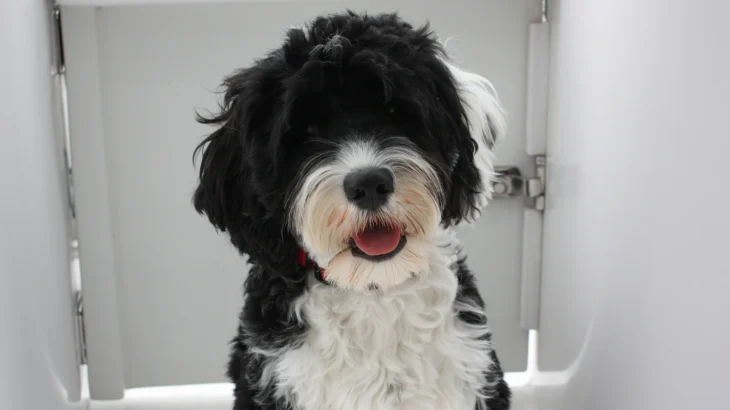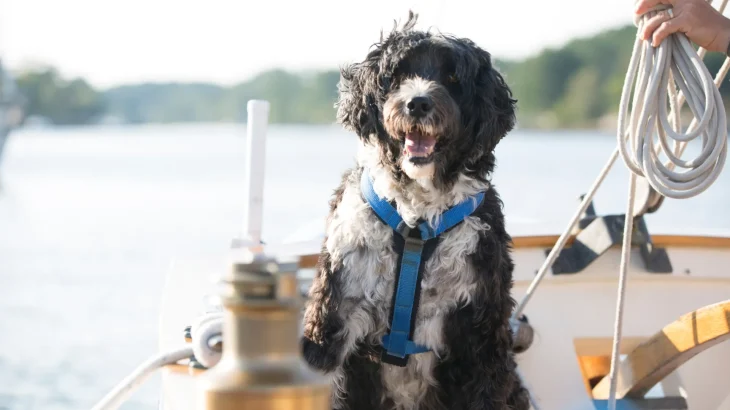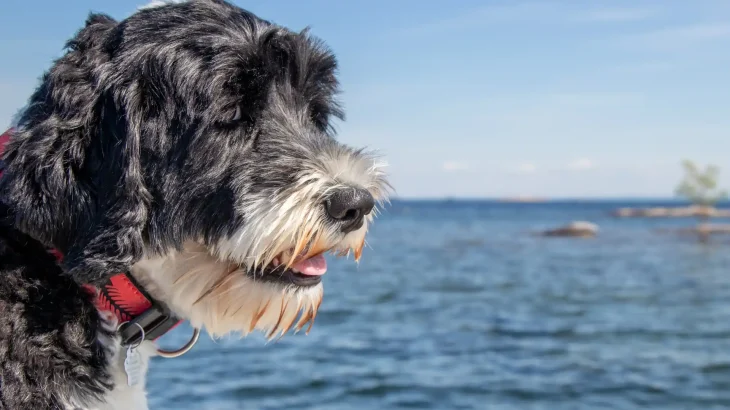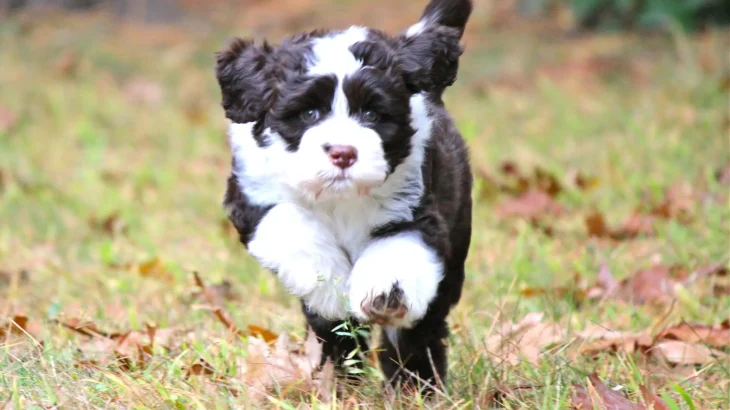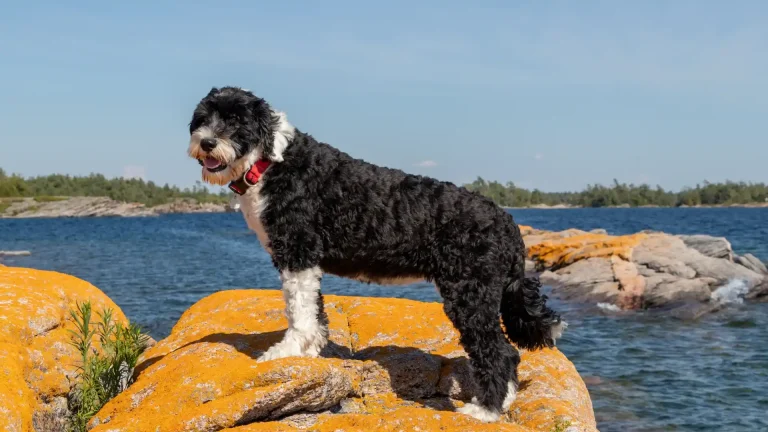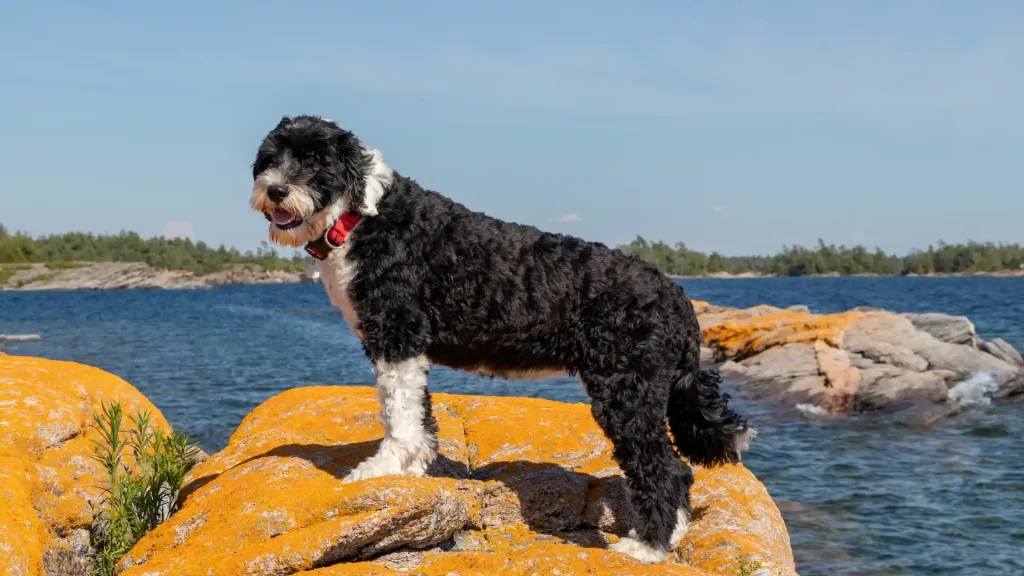Deciding between adopting or purchasing a Portuguese Water Dog puppy involves weighing factors like cost, health history, and ethical considerations. Buying from a breeder often guarantees a known pedigree and detailed health information, while adoption can be a more affordable way to provide a loving home to a dog in need.
| Criteria | Buying from Breeder | Adopting from Shelter/Rescue |
|---|---|---|
| Cost | Typically higher initial cost, often $2,000 to $3,500 for a purebred puppy. | Generally lower fees, usually $150 to $500, often covering basic veterinary care. |
| Health History | Breeders provide detailed health records and genetic screenings to reduce inherited disorder risks. | Health history may be limited or unknown; shelters usually do wellness checks but not extensive genetic testing. |
| Age Availability | Mostly puppies available, allowing early bonding and training. | Variety of ages, from puppies to adults, offering options for different lifestyles. |
| Temperament Insight | Breeders can share insights into lineage and typical temperament traits. | Shelter staff offer behavior observations, but full background is often unclear. |
| Supporting Practices | Supports breeding programs, ideally from ethical breeders focused on breed standards. | Supports animal welfare by giving homes to dogs who might otherwise remain homeless. |
| Ethical Considerations | Ensure breeder avoids puppy mills and practices responsible breeding. | Adoption helps reduce overpopulation and rescues dogs in need, promoting compassionate care. |

